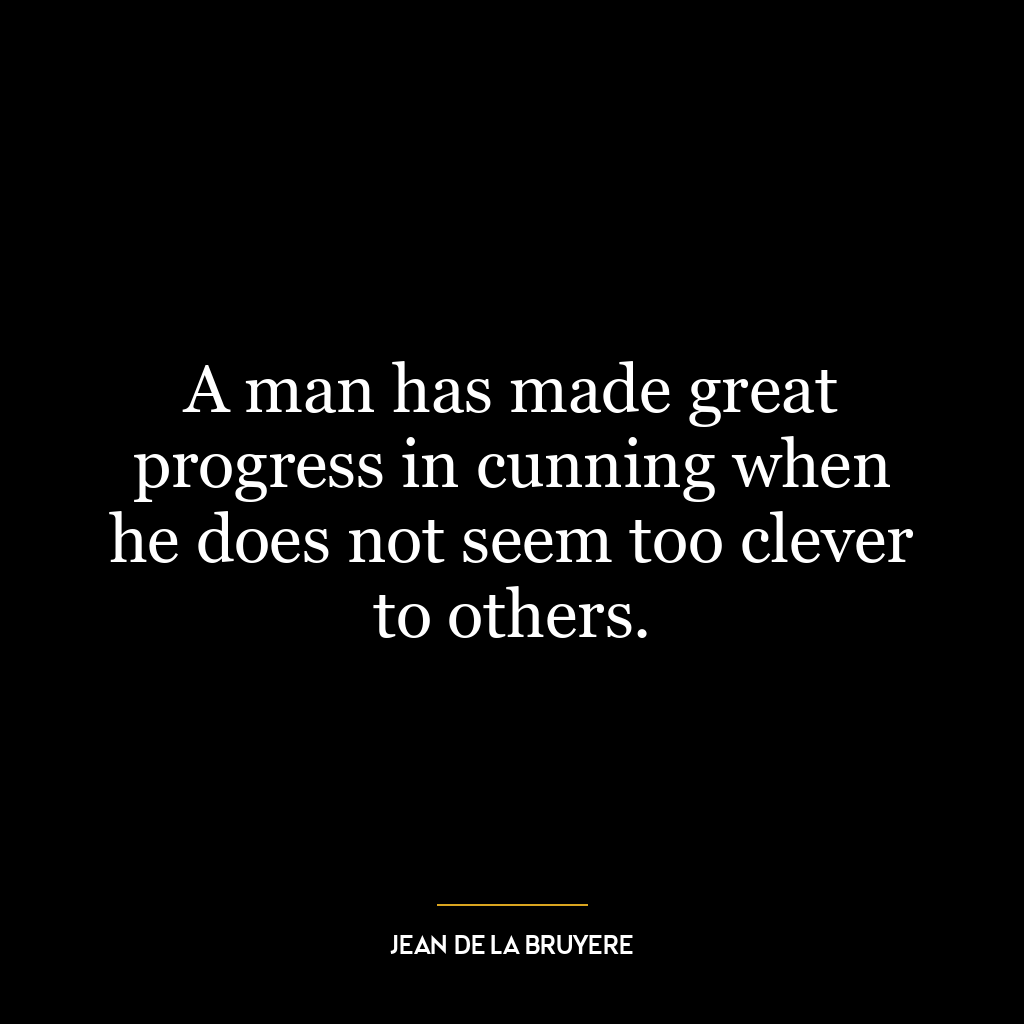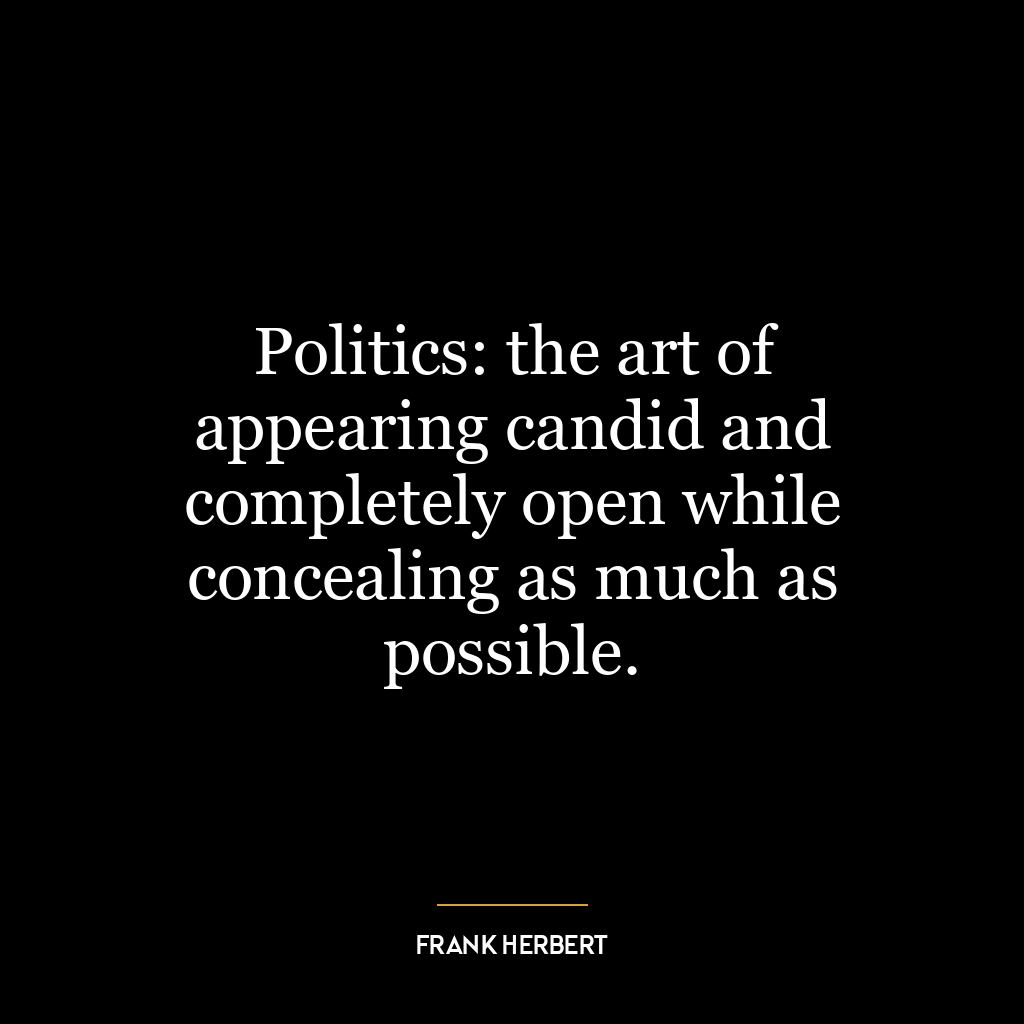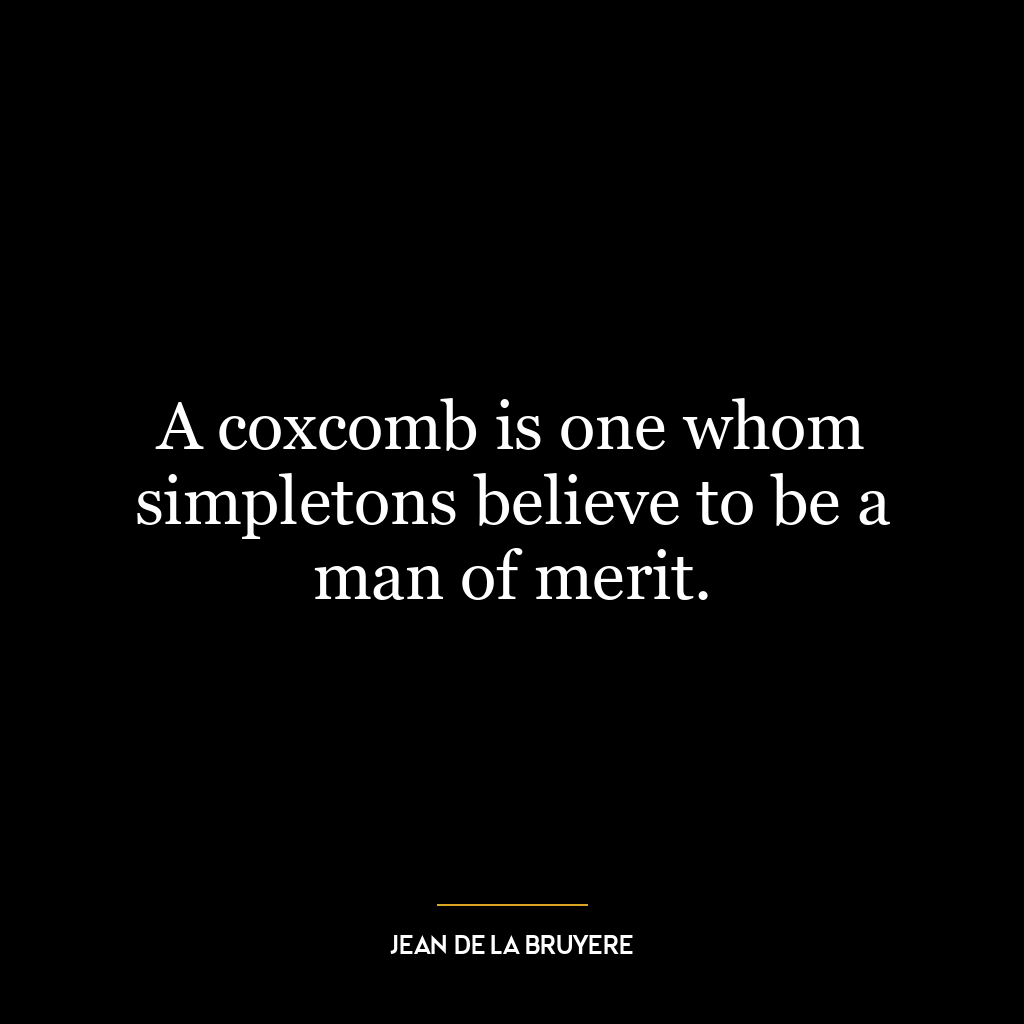Barring that natural expression of villainy which we all have, the man looked honest enough.
This quote suggests that every individual, regardless of their exterior appearance or projected persona, has an inherent tendency towards malevolence or wrongdoing. It expresses the idea that even the most seemingly honest person has a potential for villainy, an innate quality that we all possess. This is not to say that everyone is inherently evil, but rather that everyone has the capacity for both good and evil.
The ‘natural expression of villainy’ that Twain refers to might be understood as the darker aspects of human nature, such as selfishness, greed, or the capacity for cruelty. These are traits that are generally hidden beneath the surface, but can emerge under certain circumstances. The ‘honest’ man in the quote, then, might be someone who generally appears to be good and virtuous, but who also has this latent potential for villainy.
Applying this to today’s world, we can see this concept reflected in various aspects of society. For instance, in politics or business, individuals often present themselves as honest and virtuous, but may engage in unethical practices behind closed doors. This quote serves as a reminder to not blindly trust appearances and to recognize the complexity of human nature.
In terms of personal development, this quote encourages self-awareness and introspection. It is important to acknowledge and understand our darker tendencies, as this can help us to manage and control them. Recognizing that we all have the potential for both good and evil can also foster empathy and understanding towards others, as we realize that nobody is entirely virtuous or entirely villainous, but rather a complex mixture of both.








